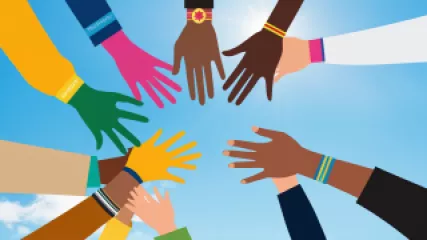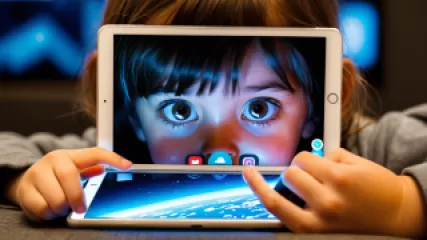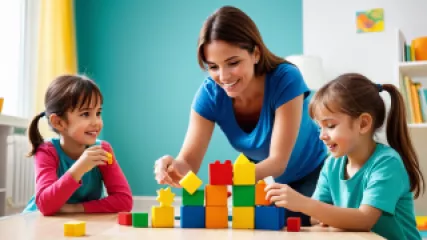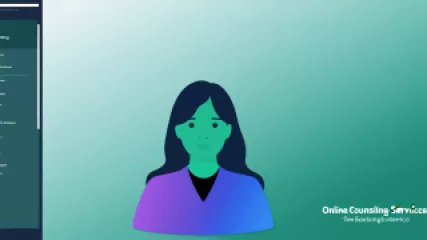Addressing Mental Health Stigma: A Research Summary
1 anno fa
Stigma della Salute Mentale
10 Best Virtual Counseling Services for Depression
1 anno fa
Servizi di Consulenza
5 Steps to Resolve Relationship Conflicts Effectively
1 anno fa
Navigare nei Conflitti Relazionali
How Excessive Child Media Exposure Can Harm Mental Health
1 anno fa
Esposizione dei Bambini ai Media
How to Resolve Relationship Conflicts Effectively
1 anno fa
Navigare nei Conflitti Relazionali
Building Resilience in Children: A Step-by-Step Guide
1 anno fa
Costruzione della Resilienza nell'Infanzia
5 Proven Strategies to Reignite Motivation After Failure
1 anno fa
Trovare la Motivazione Dopo un Fallimento
The Ultimate Guide to Overcoming Addiction
1 anno fa
Dipendenza
Discovering My Multiple Intelligences: A Personal Journey
1 anno fa
Teorie dell'Intelligenza
Why Managing Transitions is Crucial for Personal Growth
1 anno fa
Gestione delle Transizioni
The Profound Impacts of Mindful Listening: An Empathetic Perspective
1 anno fa
Benefici dell'Ascolto Consapevole
The Ultimate Guide to Overcoming Disappointment
1 anno fa
Affrontare la Delusione
The Ultimate Guide to Accessing Online Counseling Services for Anxiety
1 anno fa
Servizi di Consulenza
Navigating Life's Disappointments: An Interview with a Resilience Expert
1 anno fa
Affrontare la Delusione
Resolving Relationship Conflicts: A Counselor's Perspective
1 anno fa
Navigare nei Conflitti Relazionali















